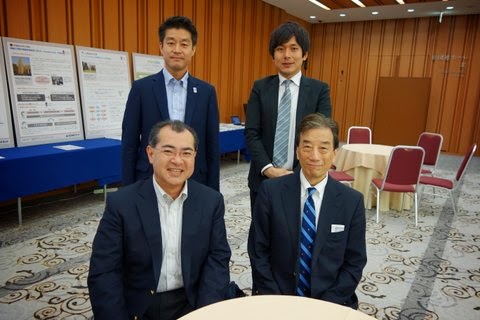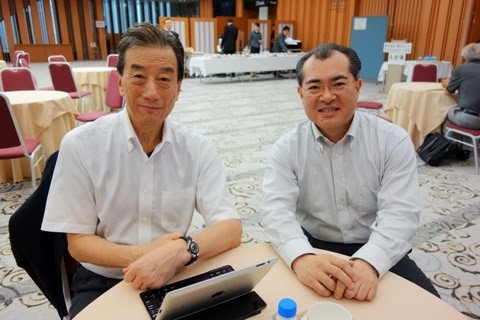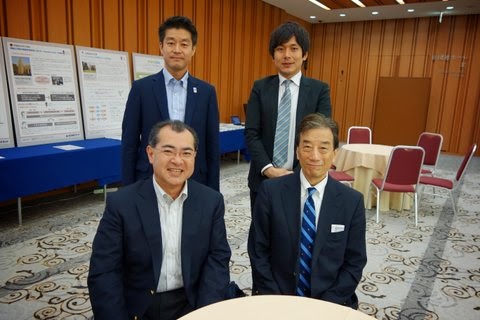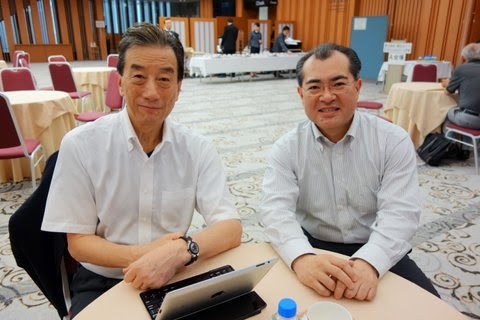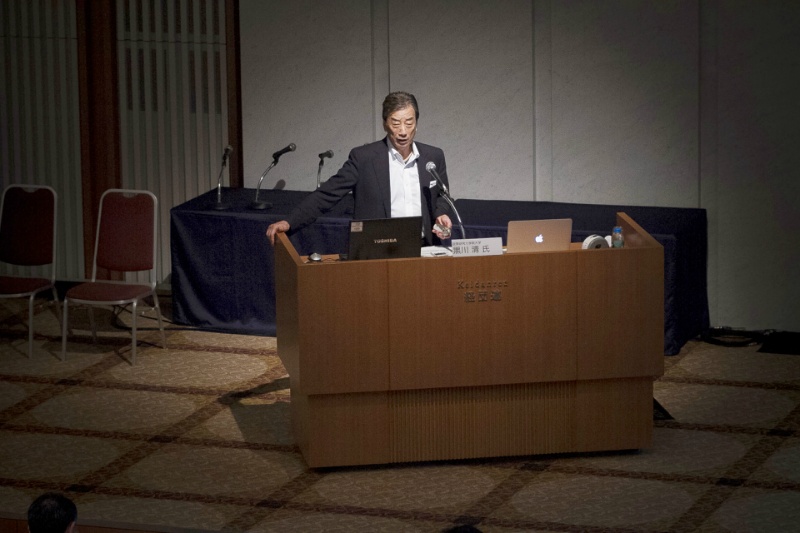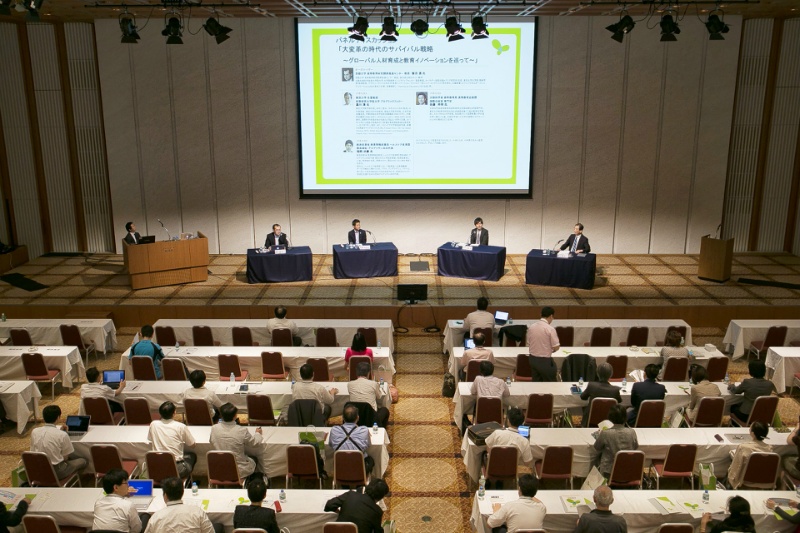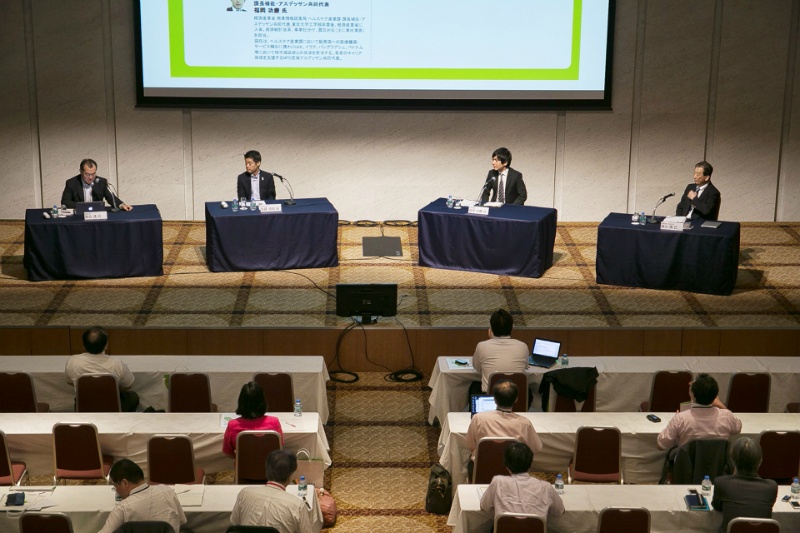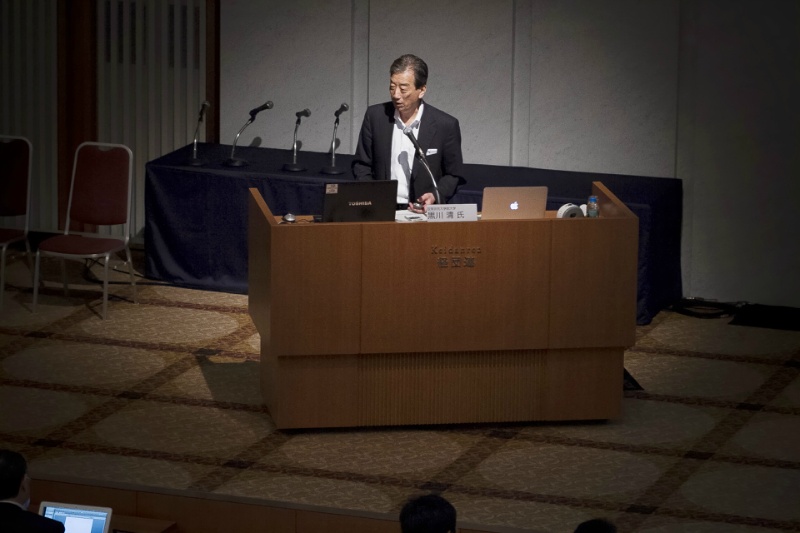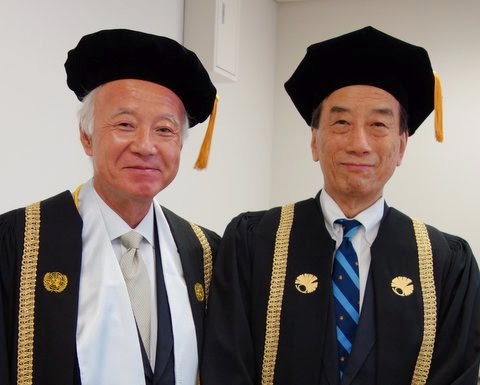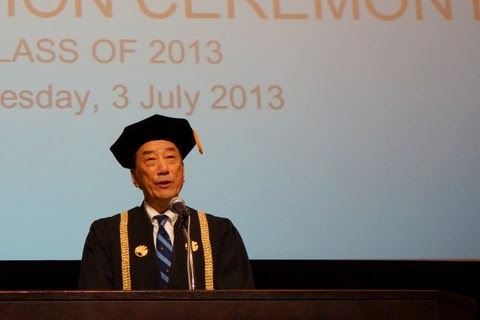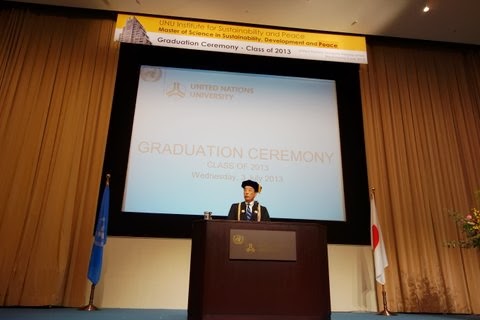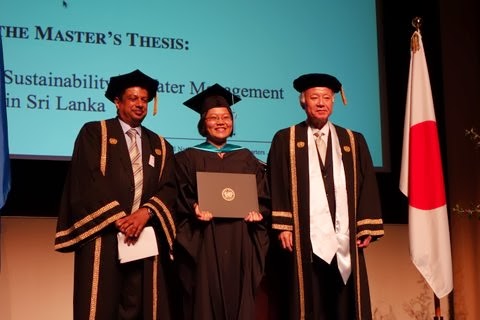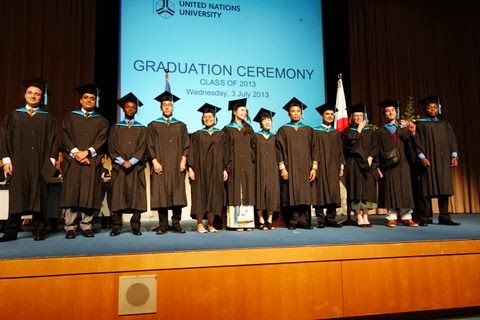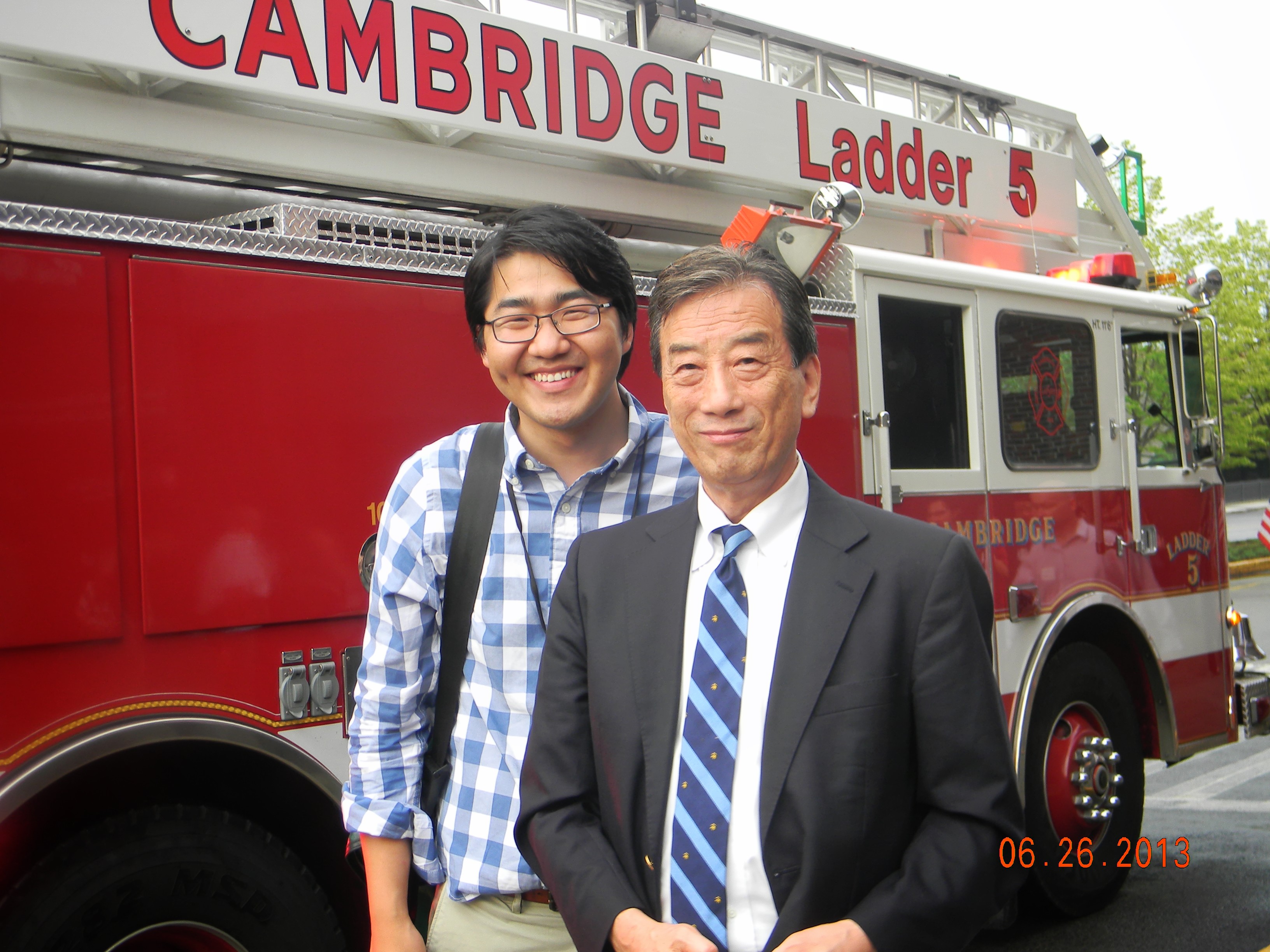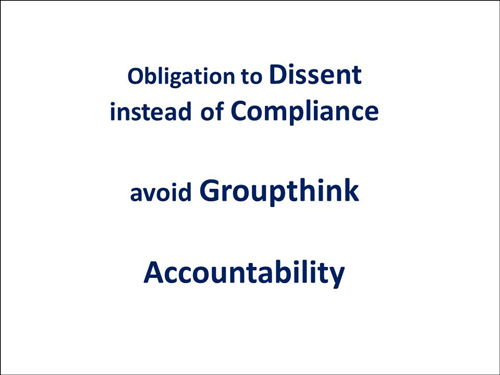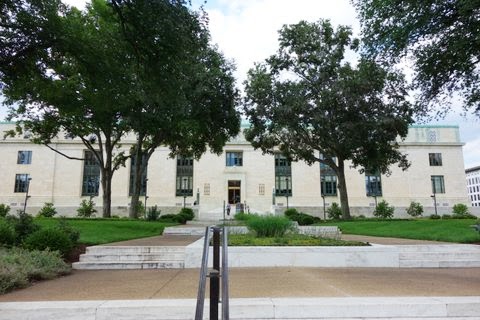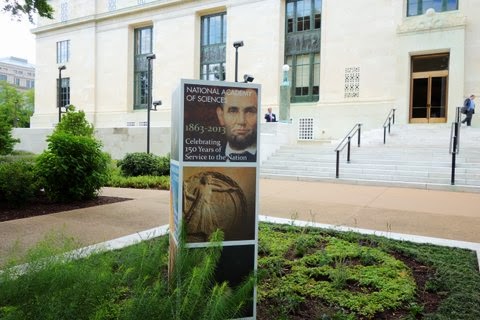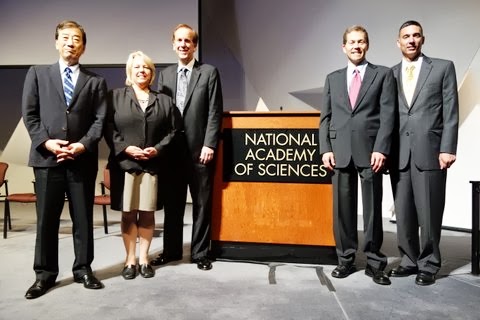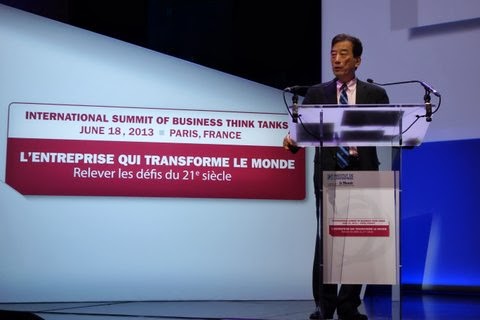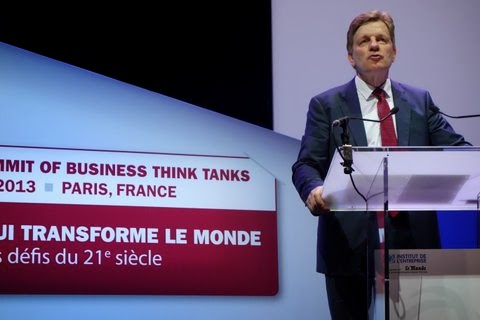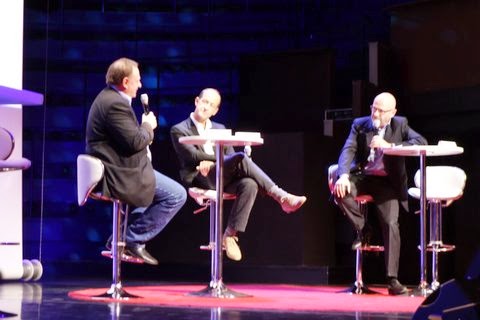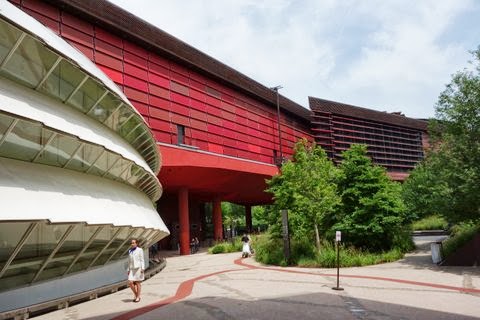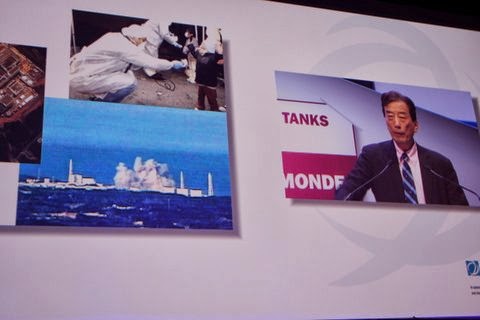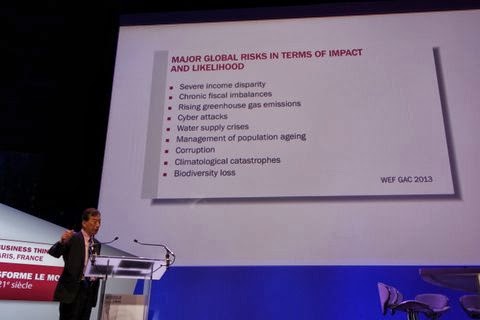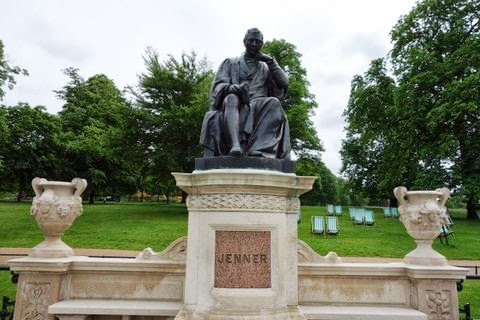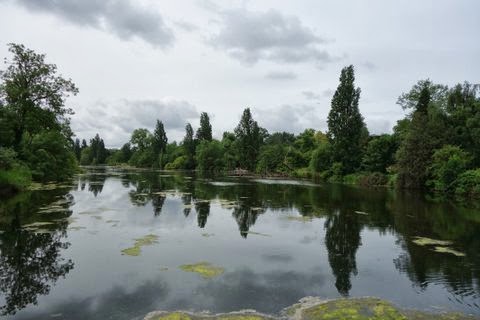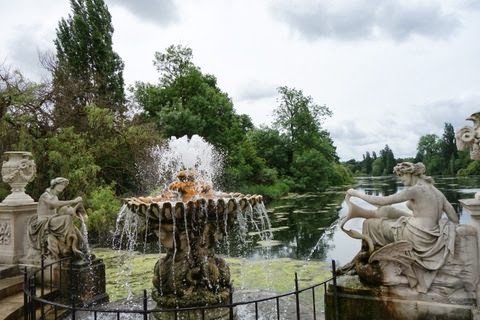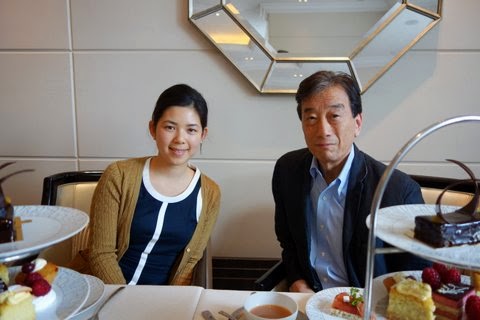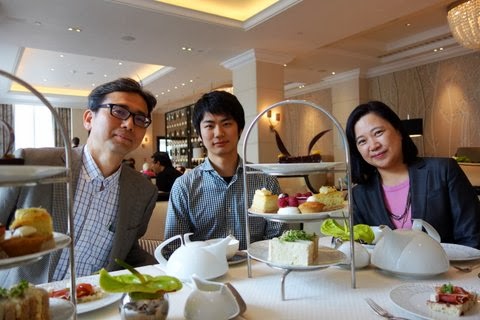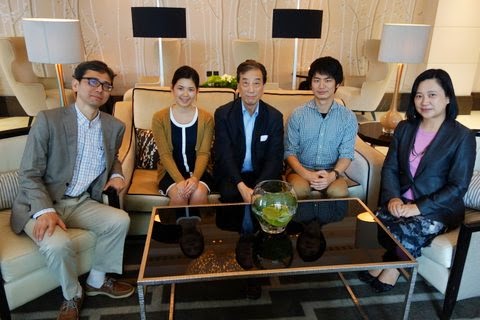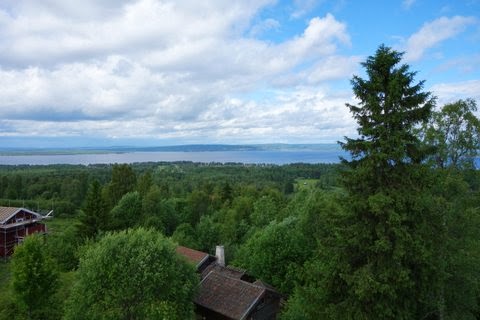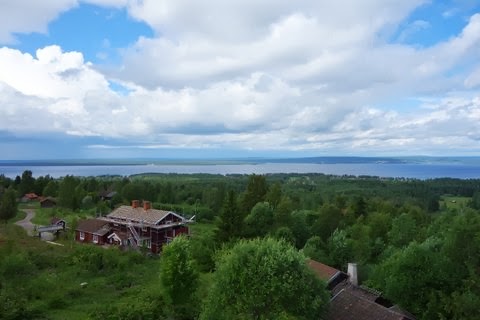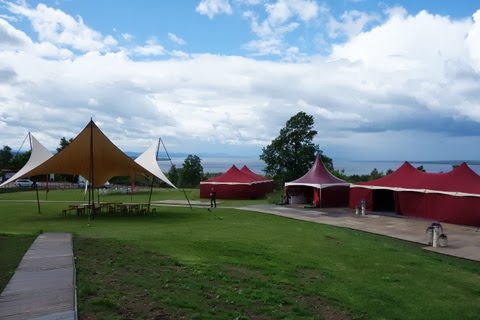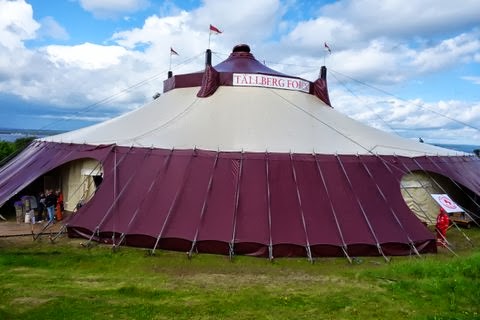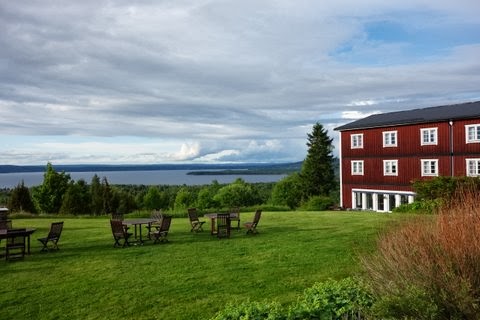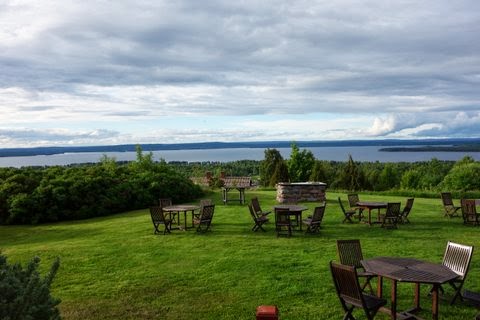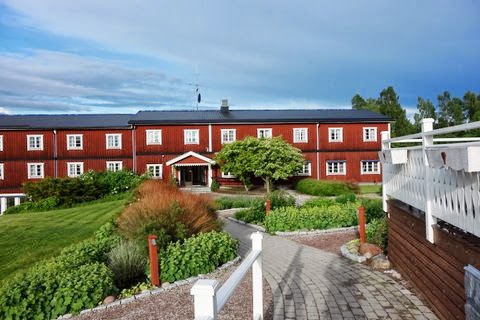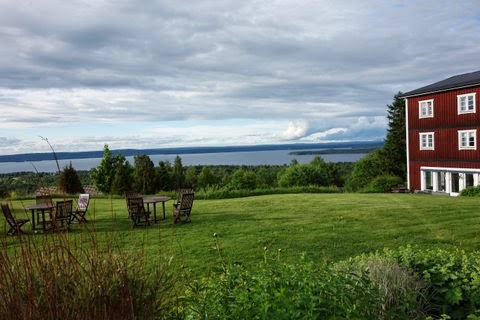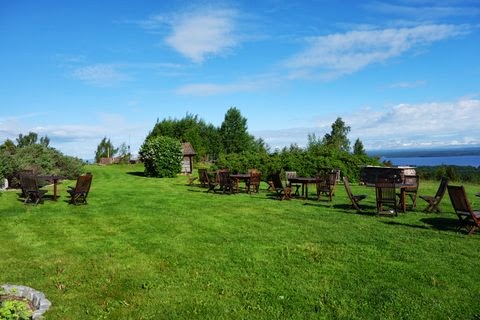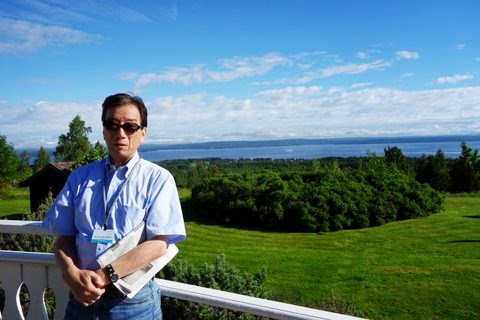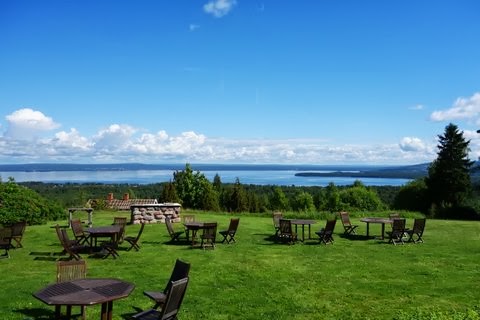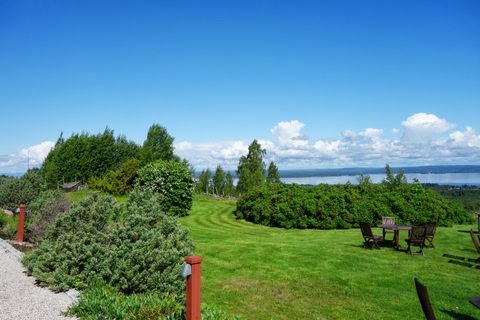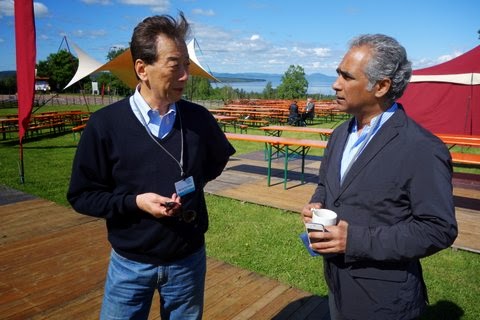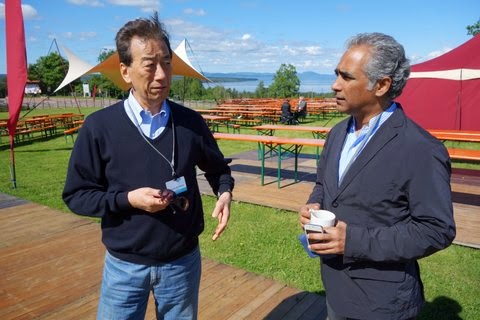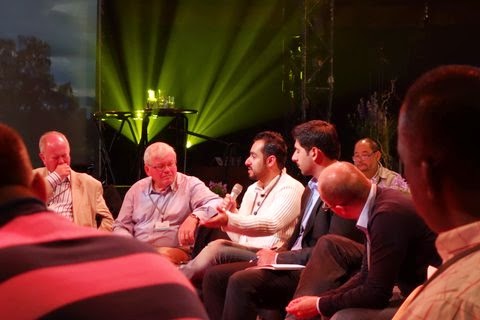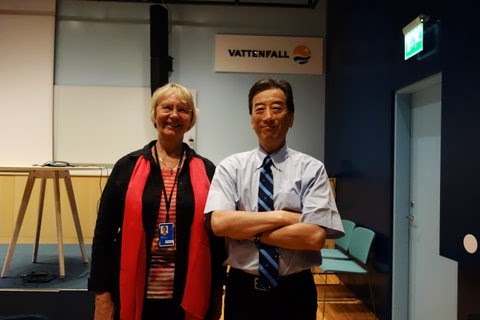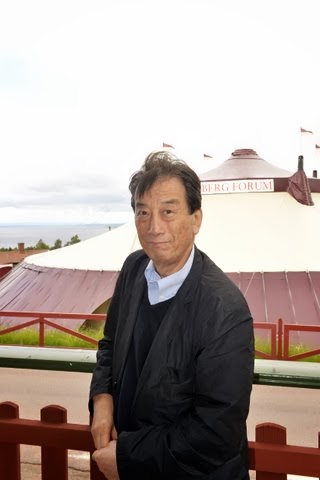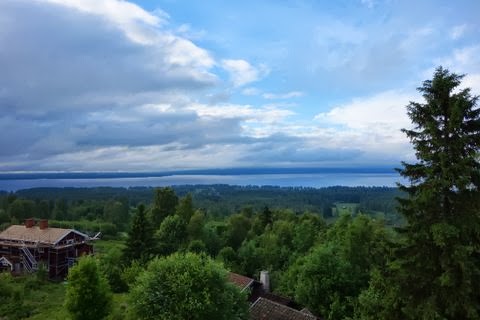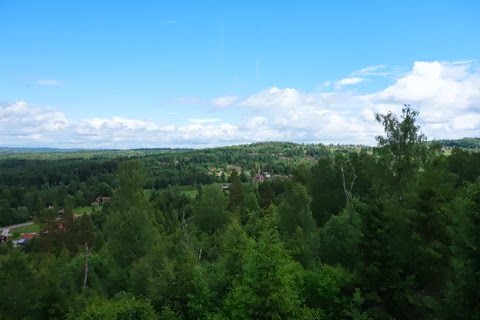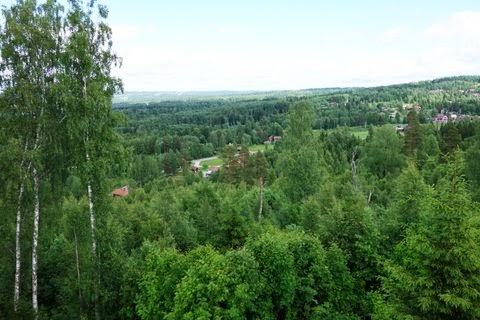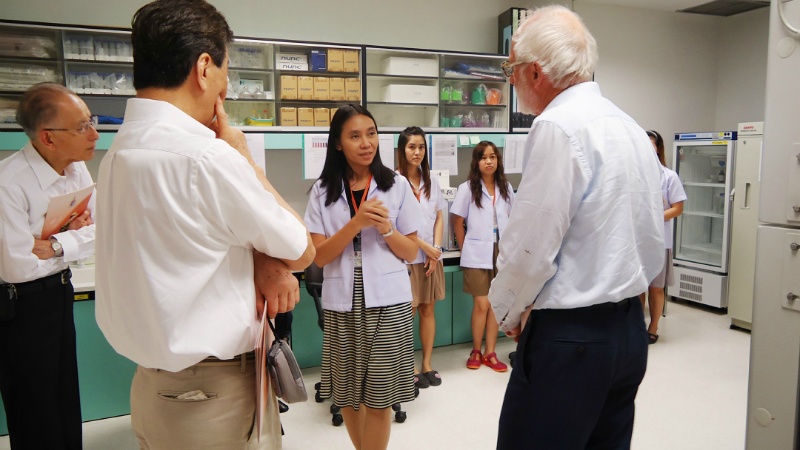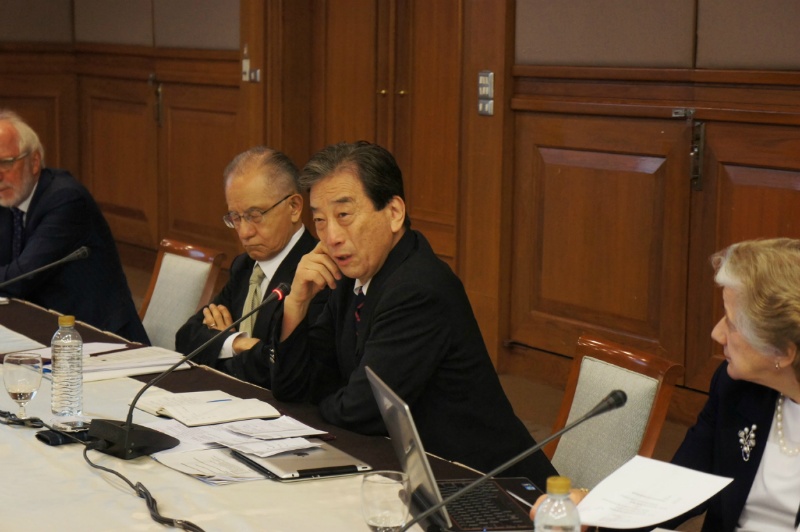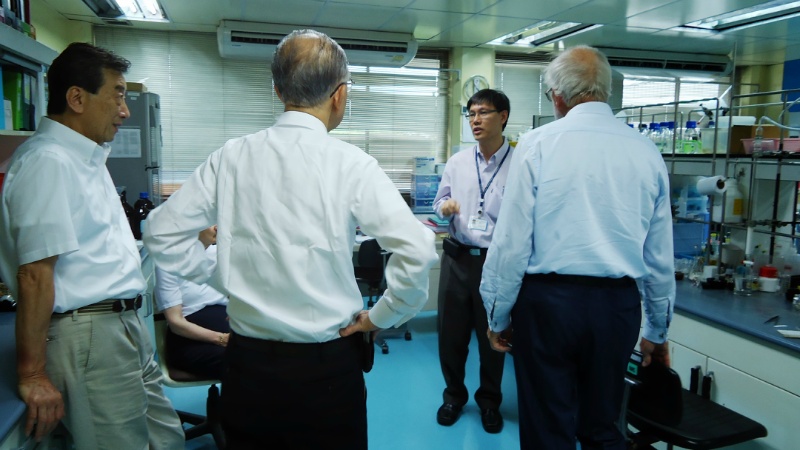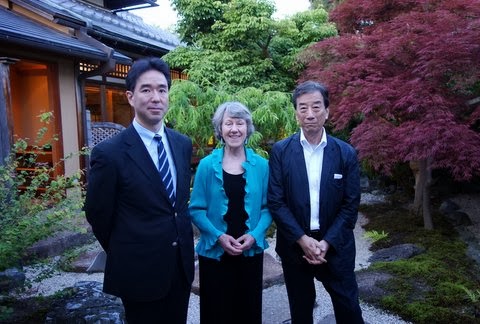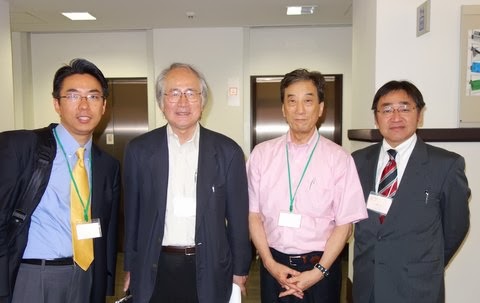Manaba is an initiative started by a company to provide a new platform to help support education, and is being used by more and more universities worldwide. It is indeed a very ambitious project.
On the 5th of July, a seminar mainly aimed at professors, teachers and staff at educational institutions, was held in Tokyo. It was attended by a many people.
The bulk of the presentations (link in Japanese) were case-studies of the initiatives taken by universities that are using Manaba, but I was asked to give keynote address, a one-hour long speech encapsulating the main theme, ‘Global Trends: Understanding What Drives Them’. This is exactly what I want to do, to convey the efforts of the many educational institutions in the field who are constantly need to adapt and widen the possibilities for students and to make them think about the career that they pursue within the greater scheme of things.
And I believe that the audience was composed of people involved in universities, in fields like education and administration offices: and all the questions raised during the Q&A centered around this central topic.
My keynote speech was titled ‘Uncertain Times: The Choices You Make’. Needless to say, my slides were built around visuals, with minimal explanations in English with large fonts.
My speech centered around my message which exhorts each person to get an overall feeling for globalization and to fulfill the responsibilities required of each of their professions and administrators.
My hour was over in no time, but I was confident that my message had got across, judging by the responses of the audience during the last panel discussion and the reception afterwards.
In the last panel discussion, I was with Dr. Iiyoshi (1), who repeated that education looked to instill a bit of insanity, while I also stressed that it was the ‘crazy ones’ (1) who change the world. We also had Mr. Sato, an unconventional member of MEXT , along with Mr. Fukuoka from METI. Dr. Iiyoshi threw his ‘punches’ of ‘madness’, while the two government officials were willing to step out of the boundaries of the ‘ordinary’, a characteristic of young bureaucrats. The audience also voiced their opinions about their anxieties and concerns related to their work in education, showing their dedication and sincerity. I truly empathize with them.
Thinking out of the box, changing perceptions, being the nails that stand out, whatever you call it, the important thing is to go beyond boundaries. The future of Japan in an increasingly globalized world lies with the future generation. I wonder how many people in positions of higher responsibility understand this situation and act accordingly, dealing with this dilemma as a matter of ultimate importance.
I wonder how many people strive to harness their full potential and do their best to fulfill the calling of their duties. This includes the need to instinctively understand global trends, through proper information, and to put these trends into practice to help the nation.In a society such as Japan’s, where there exist terms such as ‘academic elite’ and ‘University Tokyo talk’ , this may be too much to ask for.
Even if this problem is recognized, too many are lulled into inaction by the sheer number of reasons why they think change cannot be brought about. This is the situation that we have here in Japan. It is of utmost importance to not only think but also to act at the same time, hard though it may seem.
